[Indie Game Field Notes] ‘Kitchen Crisis’: A Game Where Innocent Sacrifices Are Made Just to Stay Alive 2024-06-18
A Defense Game Developed by Team Samoyed ‘Kitchen Crisis’
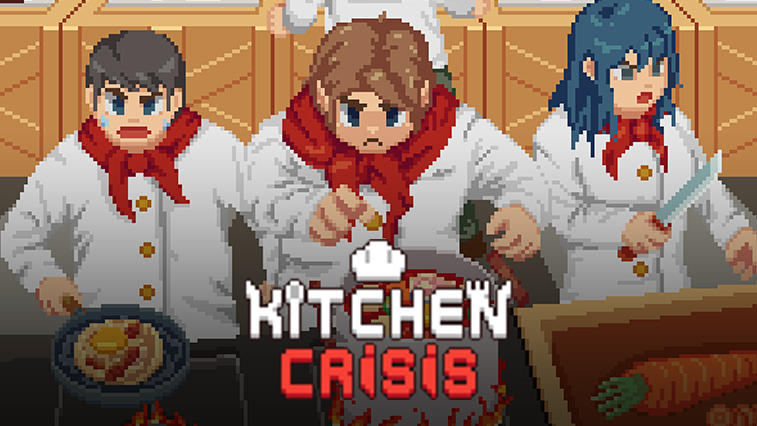
‘Kitchen Crisis’ is a defense game developed by Team Samoyed, available on the Stove Store. At first glance, the title suggests a cooking tycoon game, but only the name and theme are derived from cooking. At its core, it’s an intense automation/defense game where you must ‘entertain’ and ‘satisfy’ aliens trying to eat you in order to survive as long as possible.
Just to save your own life, you go to outrageous lengths—like catching fish from the rough East Sea to extract D.H.A. for the aliens, silencing the songbirds by slaughtering cheerful chickens, and offering up potatoes that have grown underground while patiently feeding on nitrogen and phosphate. All of this reveals the game’s dark, ironic undertone.
This is where the fun begins. To survive, you must strategically place cooking stations and optimize the chef’s movement path. Optimization! Efficiency! Automation!—buzzwords that ignite a gamer’s passion. Moreover, the game incorporates roguelike elements. With every session offering a different experience, players must constantly seek new ways to maximize efficiency. Though the game has a familiar visual style and elements, it keeps your brain and hands equally busy.
From a basic tower defense standpoint, the mechanics aren’t new. Aliens move from a starting portal to an exit portal. If they reach the exit, each alien reduces your HP by a certain amount.
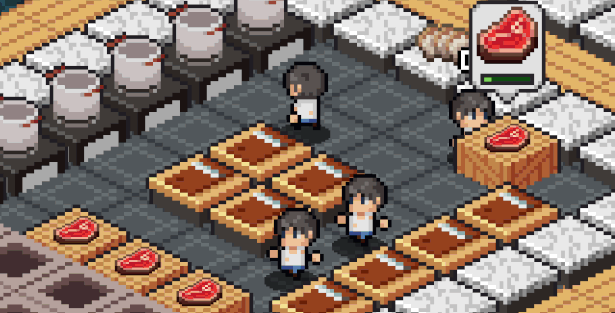
In this game, ‘serving’ replaces the attack mechanism of typical defense games. Each dish has its own attack-like stat. The more complex the cooking process, the higher the stats. That’s why a ‘Cheese Oven Spaghetti’—made only with cheese, tomato, and onion—has a higher tier than the deep-fried meat-heavy ‘Pork Cutlet Set.’ How is a dish with zero meat more satisfying? Who knows.
Regardless, to take down aliens, you must serve efficiently. And to do that, you need to prepare the dishes they want—quickly and correctly.
For example, to satisfy an alien craving a hamburger, you’ll need a cutting board to prepare the raw meat, a frying pan to cook it, another board for slicing cheese, lettuce to go between the patties, and a separate board for tomatoes. Once everything is prepped, it all comes together at the cooking station for final assembly.
In short, you need to go through six steps: (raw meat + cutting board + frying pan) × (cheese + cutting board) × (lettuce + cutting board) × (tomato + cutting board) × bun × cooking station. The chef’s movement efficiency and the placement of tools for each dish directly affect production speed. Think of it as a conveyor belt system, but with chefs—a nod to the automation genre popularized by games like ‘Factorio.’
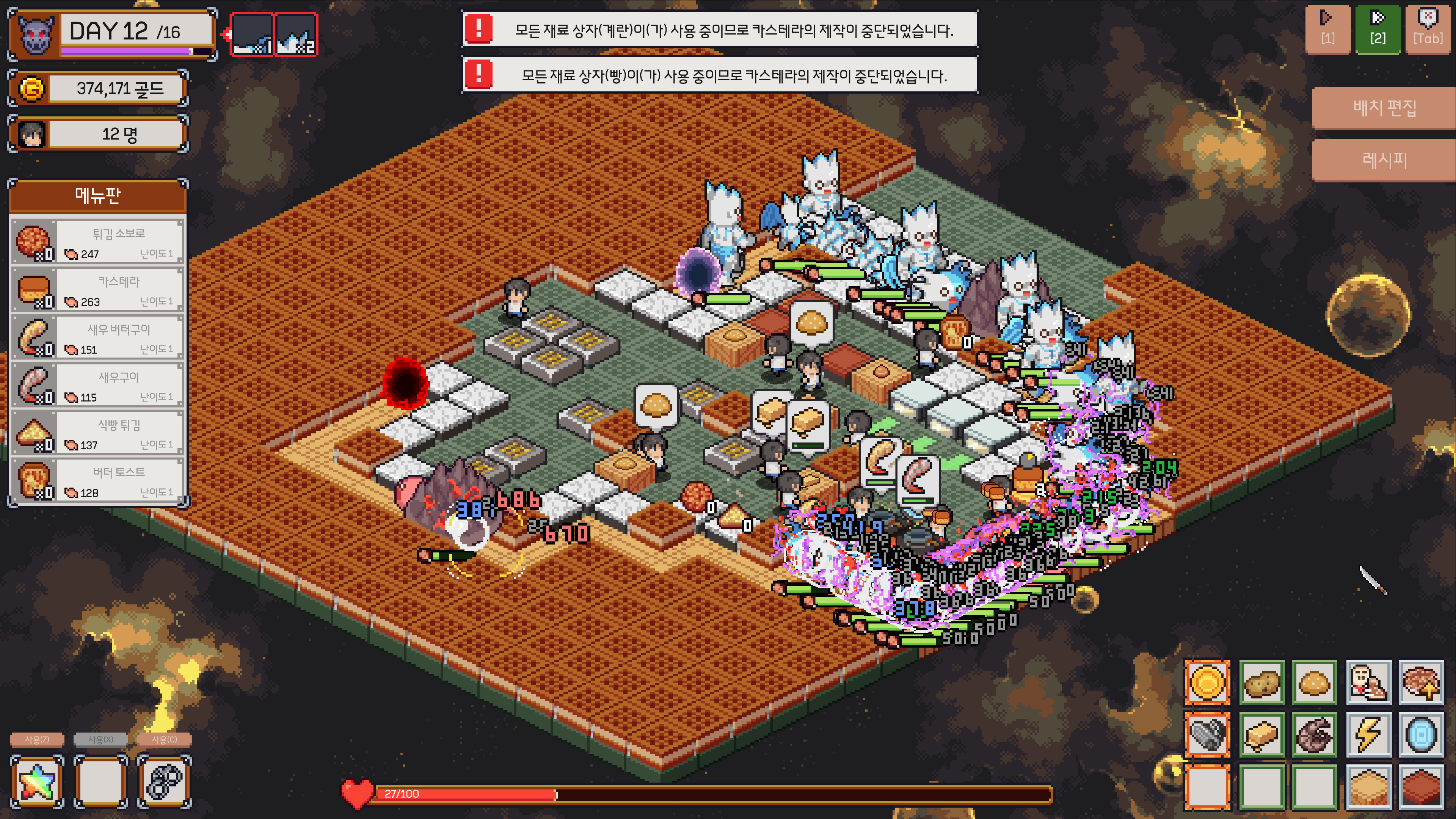
Thanks to its intuitive gameplay, even players who haven’t used their brains since bullying their desk mates in elementary school will quickly learn the importance of positioning ingredients and tools wisely and managing the chefs’ movement routes. Chefs are responsible for transporting ingredients, cooking, and serving. To run an efficient kitchen, you must optimize their paths and keep them moving without downtime.
Their movement is restricted by placing stones. It would be ethically wrong to do this to real chefs—but they’re clones, so it’s fine. After all, unless you work them to their limits, you'll be eaten by aliens.
At first, you can get by with minimal planning. But as the difficulty ramps up and ingredients multiply, your head and hands will be overwhelmed. You’ll also need to carefully design food placement zones based on the aliens’ winding travel paths.
Sometimes, you won’t even have proper space for your tools and ingredients. If you focus only on serving zones and neglect cooking areas, you’ll often end up being eaten by aliens due to poor placement. Rather than chasing perfect automation like Girls’ Generation-level synchronized choreography, the game encourages adapting your strategy to the situation and available resources.
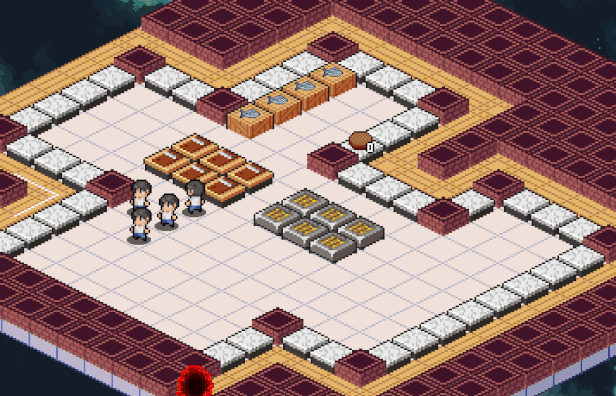
The real driving forces that keep the gameplay fresh are the restrictions on automation and the element of randomness. Everything is randomized—from the initial recipes you can place, to the recipes you unlock daily, and even the types of ingredient and tool upgrades. As you enhance ingredients, you’ll be forced to strategize about which dishes to prioritize. The game nudges players to make decisions based on available resources and their current situation.
For instance, if you choose a buff that boosts fullness for meat-based dishes, you’ll naturally shift toward serving meat-heavy recipes. But you can’t just line up your favorite dishes. After each wave, the foods available for the next round are randomly chosen. You might’ve powered up meat dishes, only to be handed a seafood buffet instead. It’s like selling Nvidia and buying NCSoft stock at KRW 1,000,000—you might experience that again. It could become part of the roguelike charm, or have you yelling ‘luck-based trash game!’ and throwing your mouse. Not that I ever did that…
While randomness is what keeps you coming back for another run, the game does suffer from shallow content depth. Some tools are disproportionately powerful. The tools required for recipes are unevenly distributed, often pushing players toward specific traits. Some traits have such low returns that players avoid them entirely. As a result, even with randomization, gameplay tends to follow similar patterns each time.
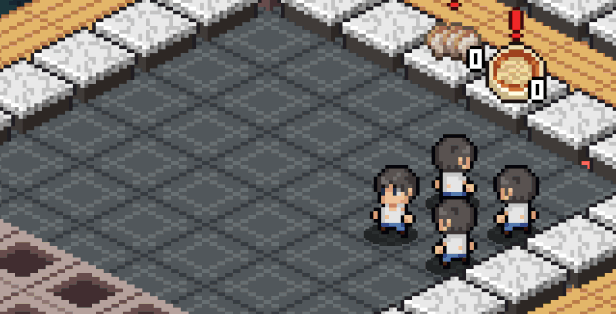
If you're lucky and get only strong traits, then placement and route optimization become less critical. It’s often more efficient to mass-produce low-tier dishes with great traits than to cook complex, high-tier ones. Automation games thrill players with perfectly synchronized builds, while defense games shine when your brain and hands block overwhelming waves. The gap between these two genre dynamics is perhaps the game’s inherent limitation.
Team Samoyed was founded in 2015 by brothers Nam Hyung-bin and Nam Hyung-wook as a two-person development team. The younger brother, Hyung-wook, recruited his older brother right after he was discharged from military service. Perhaps fueled by military discipline, they developed a simple mobile puzzle game within just nine months of forming the team. They went through the full cycle of planning, development, and release. After that, Hyung-wook was called to serve in the military, causing a temporary halt. He returned in 2020 and transitioned into full-time game development.
They later released ‘Teamfight Manager,’ a management game where you take on the role of an esports team coach, handle ban-pick strategies, and lead your team to victory. It received much love and favorable reviews. After gaining simulation development experience, they launched their second game, ‘Kitchen Crisis.’ As previously noted, while the game has some rough edges, the team’s growth is evident. Reviews have generally been positive. The game captures the essence of indie gaming with its fresh ideas and genre fusion. Considering it’s only their second commercial title, there’s no doubt they’re a promising indie team to watch.
- Download Kitchen Crisis -
However, when quoting content in articles, please credit it as “Smilegate Newsroom.”



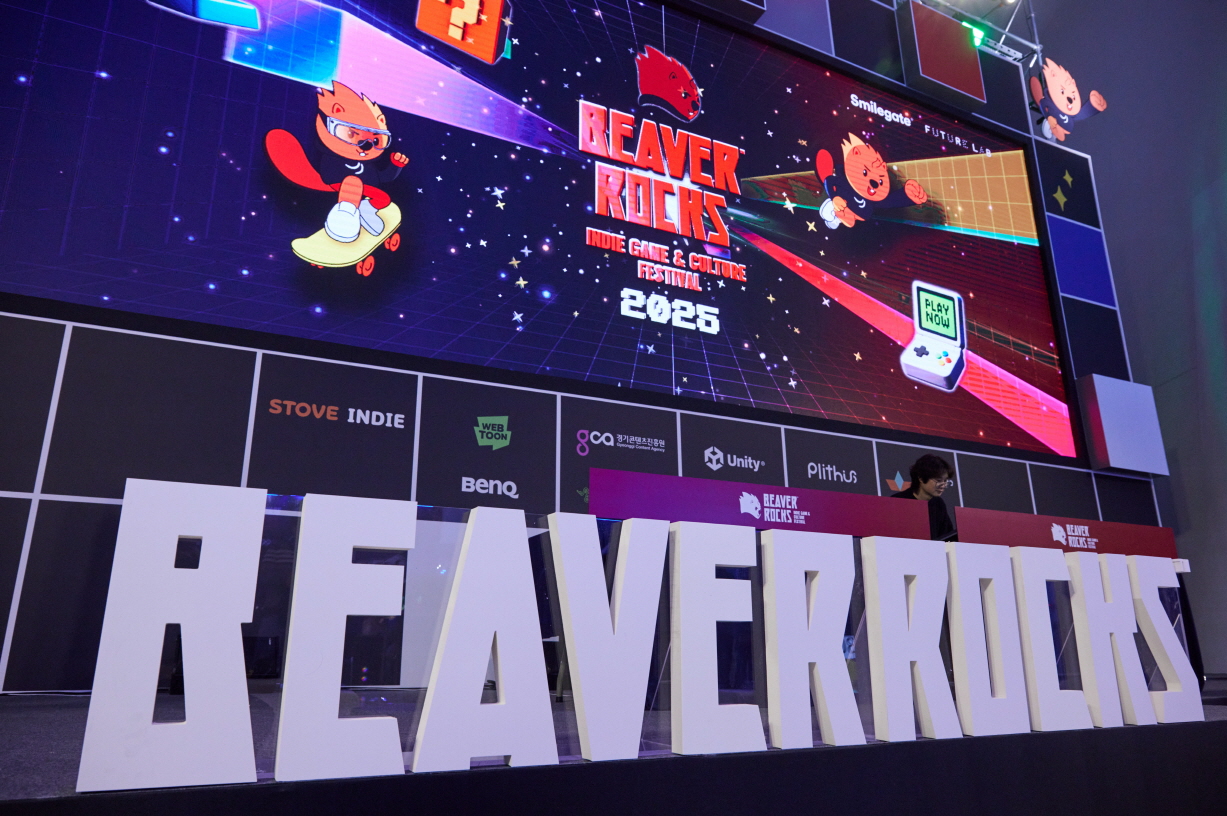
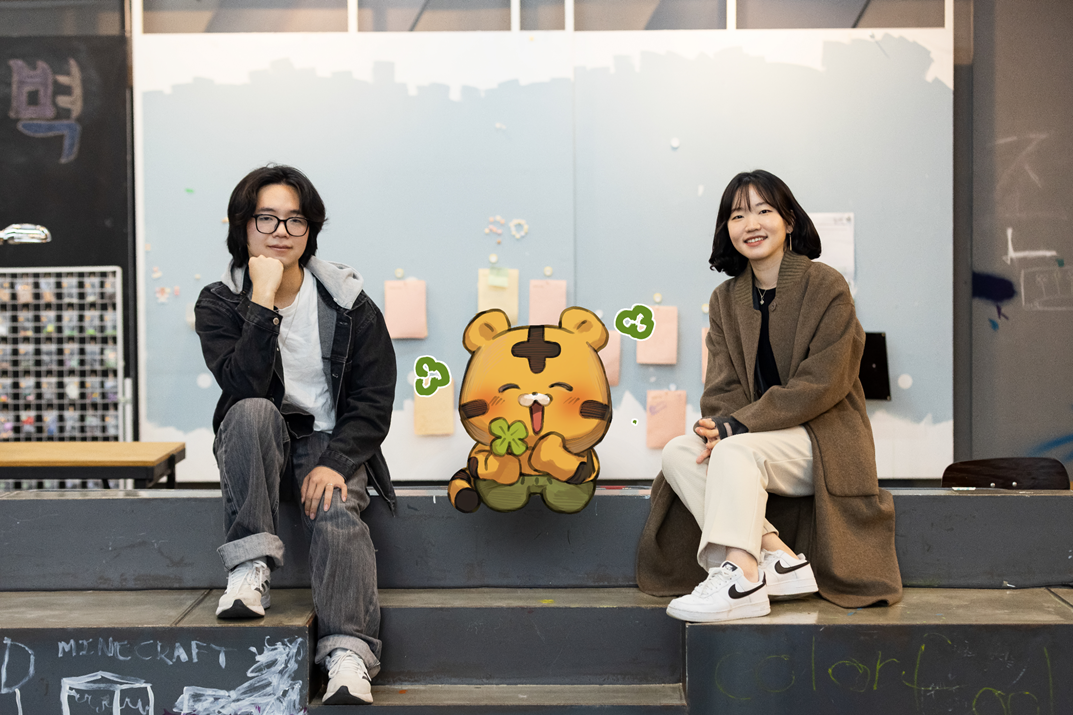

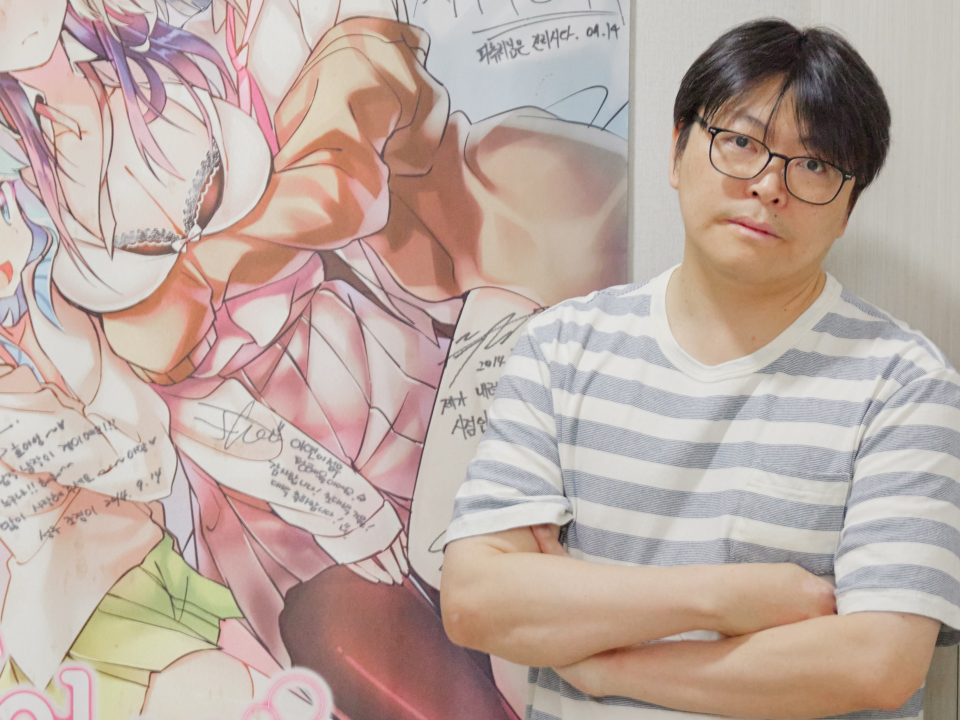


 TOP
TOP
